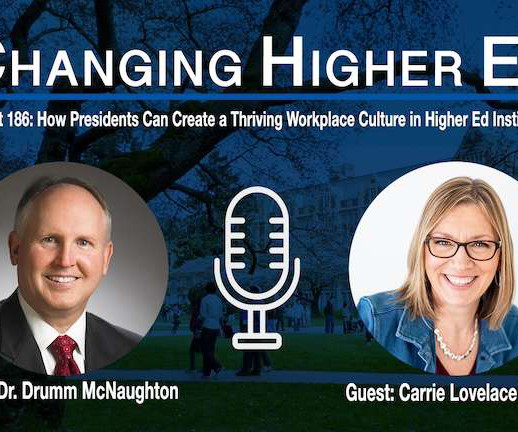An academic administrator on teaching career-ready skills in class
Confessions of a Community College Dean
MARCH 7, 2023
I didn’t know about this thing called Student Affairs just yet, but I knew [there was] a way that I could work at a college and sort of do for other students—particularly first-gen, BIPOC students and Pell Grant students—what others had done for me. We’ve got a lot of work to do.











Let's personalize your content